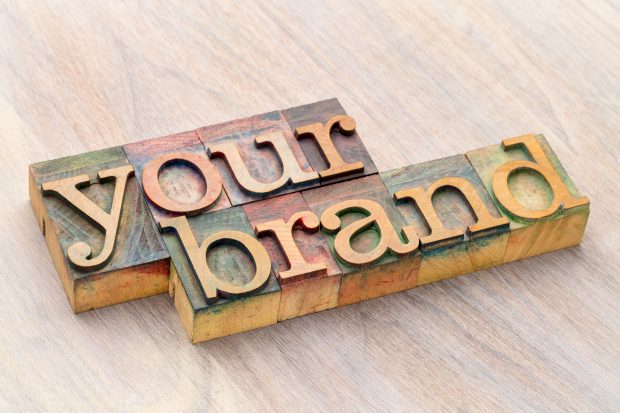It’s funny how the meaning of words change over time.
Who would have thought that calling something bad would actually mean it was good. When Michael Jackson released his 'Bad' album back in 1987, I don’t think he actually meant the album was bad. It couldn’t have been that bad selling over 35 million copies and still counting.
How about 'cool'? Nowadays, referring to something as cool doesn’t generally mean that it is slightly chilled, but that it is awesome or neat. A tablet used to be something you took when you were sick. Hold on, doesn’t sick mean exceptionally cool?
It's all in the name
I would often speak to people at events who were told that when choosing a name for their brand, make sure it tells the public exactly what you do. Unfortunately, the opposite is true when it comes to registering a trade mark. If your name simply describes the goods and services, you are unlikely to be able to register it as a trade mark as other traders should be free to use such terms.

Many also assume that you cannot register a dictionary word, as dictionary words should be free for anyone to use. So, it may surprise you to learn that 'apple' is indeed a registered trade mark. Dictionary words are registrable providing they do not describe the goods and services or are common terms in that particular industry. For the fruit industry, the word ‘apple’ would not be acceptable, but for music and computers it is fine.
When you are applying for a trade mark, you should ask yourself whether the thing you are seeking protection for is likely to pass the test for registration. For example, it shouldn’t be descriptive, offensive, or misleading, nor should it be so simple or commonplace that it would not be seen as a trade mark by the consumer. So, as a general rule, the more unique and ‘distinctive’ you make your trade mark, the better chance of it being registerable.
Be aware, after you apply, you cannot significantly amend your application and no refunds are given if the application doesn't meet the requirements.
Off to the right start
Although your mark might meet all the criteria, there may already be someone out there using it, which may give them the right to object to your application.
Our Right-Start application system allows you to have your mark examined by an examiner for half of the total application fee upfront. This enables you to consider any objections before deciding whether you wish to proceed with the application.

Thinking about trade mark protection should be one of the first things that a business should consider. You don’t want to invest large sums of money in branding or promotional activities only to find that the name you have chosen cannot be protected. Or even worse, that you are infringing on someone else’s rights.
Face-to-face advice can be obtained at the British Library's Business and IP Centres (BIPC) and most, if not all Trade Mark attorneys, will give you a free consultation. To find a local attorney you can search on the CITMA website.
Another word of warning. If you do file for a trade mark you may receive a misleading invoice. Please do not pay these, if you are not sure give us a call to clarify the situation - 0300 300 2000.
So...when choosing your brand, be a bit creative and come up with something that is cool, bad, or sick, but most importantly registrable.
Unsure how to turn your business idea into a reality? Join the BIPC in London on 20 September for a day of free talks, expert workshops and tailored advice. If you can't make it to London, Start-up Day 2018 is happening in BIPCs across the country so see what's on near you.
To keep in touch, sign up to email updates from this blog, or follow us on Twitter.
Recent Comments